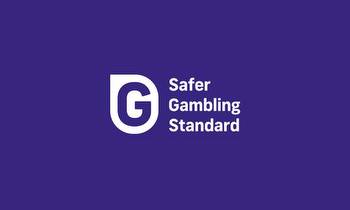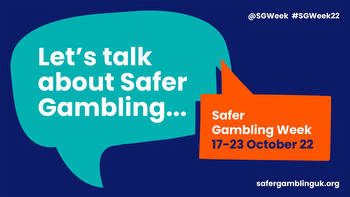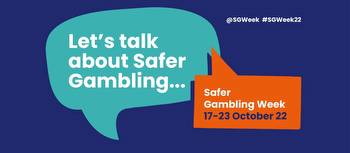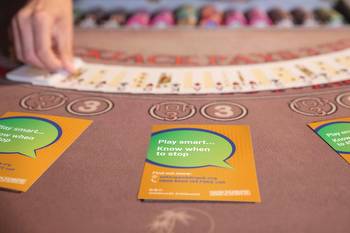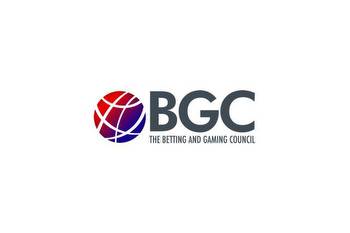BGC: “Safer gambling our top priority all year round”

Betting and Gaming Council (BGC) Chief Executive Michael Dugher says safer gambling is the industry’s top priority all year round, amid the commencement of Safer Gambling Week.
Safer Gambling Week, which runs from 1-7 November 2021, is an annual campaign that has been running since 2017. It is being supported by the BGC, the Bingo Association and bacta, the amusement machine trade association.
The campaign follows a Gambling Commission report last week which showed that the rate of problem gambling for the year to September 2021 was 0.3%, down from 0.6% in the previous year. The rate of gamblers classed as being at ‘moderate risk’ of harm also fell in the same period, from 1.2% to 0.7%.
“Safer Gambling Week is now an established annual event,” said Dugher. “We know that rates of problem gambling are low and are now falling, which is great news, but Safer Gambling Week is further evidence of the regulated industry’s determination to keep raising standards.
“This is about building on the two million customers who now use deposit limits, and it is also about making sure that those who need help know where they can get it. We don’t want people drifting off to the unsafe, unregulated black market online.
“For the regulated industry, safer gambling isn’t just an issue for one week of the year, it’s our top priority all year round.”
This year’s event will involve several safer gambling messages online and in land-based venues, with the regulated industry coming together to encourage staff, customers and the public to raise awareness of the issue.
Gambling Minister Chris Philp MP commented: “Safer Gambling Week is an important moment for the industry to come together and continue to do all it can to promote safer gambling and prevent gambling-related harm year-round.
“We need to find ways of doing more to protect those with severe gambling addiction from the life changing damage they can suffer. Our ongoing review of the Gambling Act will ensure our laws are fit for the digital age, and strike the right balance between protecting those most at risk and giving adults the freedom to choose how they gamble safely.”










